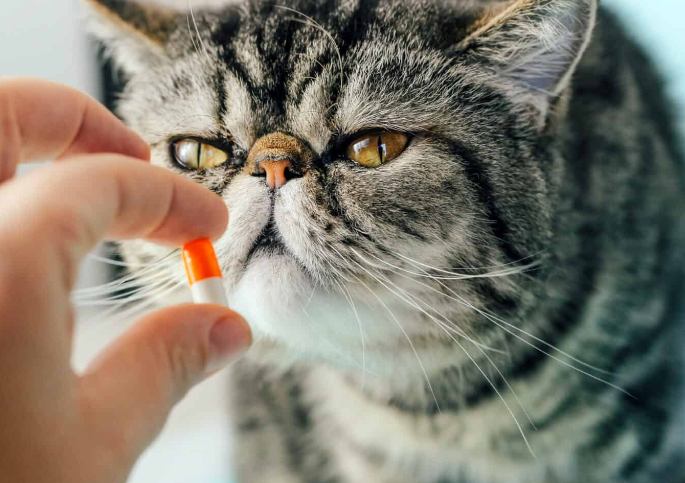Understanding Prednisolone for Cats: A Comprehensive Guide
Managing a cat’s health can sometimes feel overwhelming, especially when it comes to medication. One commonly prescribed drug is prednisolone, a corticosteroid that can significantly improve your feline friend’s quality of life. Understanding how this medication works and when it’s used can help cat owners make informed decisions about their pets’ health.
What is Prednisolone and How Does It Work?
Prednisolone is a synthetic corticosteroid that mimics the effects of hormones produced by the adrenal glands. It has anti-inflammatory and immunosuppressive properties, making it useful for treating various conditions in cats. Common ailments that may require prednisolone treatment include allergies, asthma, inflammatory diseases, and certain autoimmune disorders. By reducing inflammation and suppressing the immune response, prednisolone can help alleviate symptoms and improve your cat’s overall well-being.
When is Prednisolone Prescribed for Cats?
Veterinarians typically prescribe prednisolone for conditions that involve inflammation or overactive immune responses. For instance, it is often used to manage chronic conditions such as feline asthma, where the airways become inflamed and constricted. It can also be prescribed for skin allergies or inflammatory bowel disease in cats. It’s important to follow the veterinarian’s guidance regarding when and how to administer the medication, as the specific dosage and duration may vary based on your cat’s individual condition.
Potential Side Effects to Consider
While prednisolone can offer significant benefits, it’s essential for cat owners to be aware of potential side effects. These can range from increased thirst and urination to changes in appetite and behavior. Long-term use can lead to more serious health concerns, such as adrenal gland suppression or increased risk of infection. Regular veterinary check-ups are recommended to monitor your cat’s health while on this medication. Always consult your vet if you notice any unusual symptoms or if you have concerns about the side effects.
Conclusion
Prednisolone can be a valuable tool in managing various health issues in cats, but understanding its uses and potential side effects is crucial for responsible pet ownership. If your cat has been prescribed this medication, don’t hesitate to reach out to your veterinarian with any questions or concerns. Keeping your pet healthy and happy is a rewarding journey—stay informed and proactive in their care!




